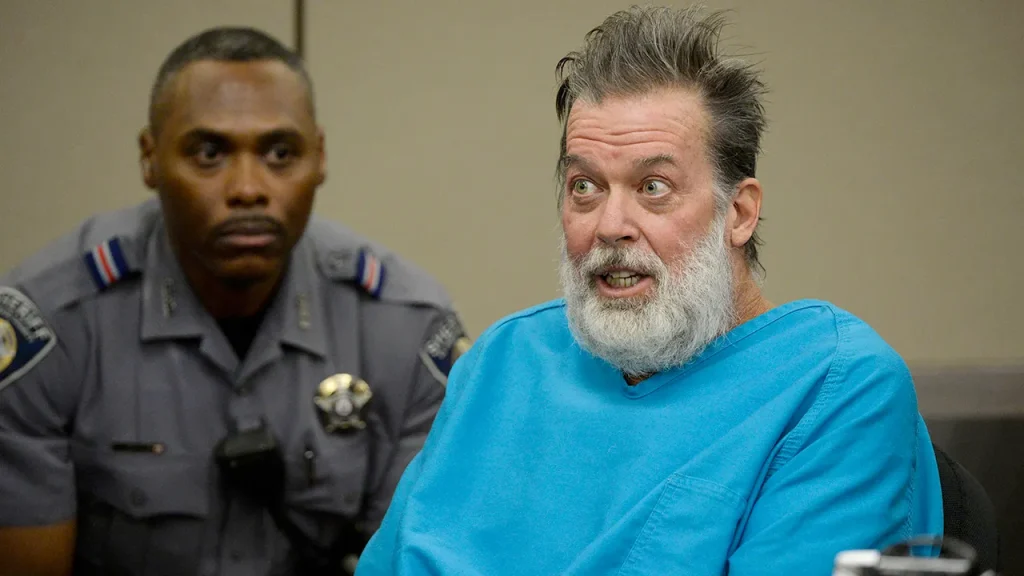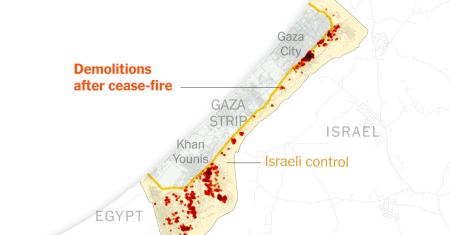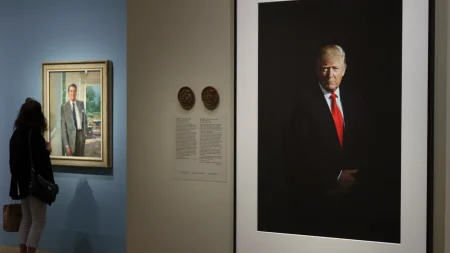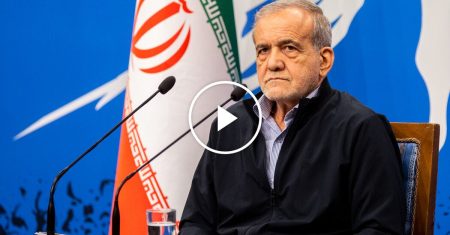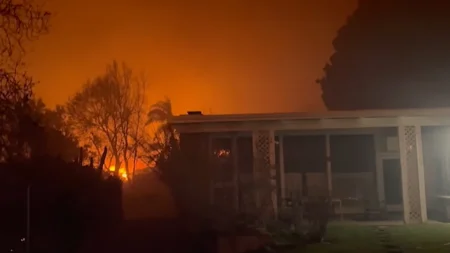Suspect in 2015 Colorado Planned Parenthood Shooting Dies in Federal Custody
Robert Dear, the man charged with a deadly attack at a Colorado Planned Parenthood clinic in 2015, has died of natural causes at age 67 while in federal custody. Dear passed away at a federal prison medical center in Springfield, Missouri, ending a complex legal saga that had stalled for years due to questions about his mental competency. His death closes a chapter on one of the most violent attacks targeting an abortion provider in recent U.S. history, but leaves many feeling that justice remains incomplete for the victims and their families.
The November 27, 2015 attack was devastating in its scope and planning. According to the Justice Department’s 2019 indictment, Dear arrived at the Colorado Springs clinic heavily armed with multiple rifles, handguns, and hundreds of rounds of ammunition. He had reportedly intended to wage “war” against the facility because it provided abortion services. The assault began in the parking lot, where Dear opened fire on people near his truck, killing one person and seriously wounding two others. He then targeted three additional people outside the clinic, resulting in another death and additional injuries. After forcing his way inside, Dear initiated a five-hour standoff with law enforcement from multiple agencies, during which he continued firing at officers and emergency responders.
The human toll of Dear’s actions was profound and far-reaching. Among those killed were Ke’Arre Stewart, a 29-year-old Army veteran and father of two who had served in Iraq; Jennifer Markovsky, a 36-year-old mother of two originally from Hawaii; and Garrett Swasey, a campus police officer who had responded to the active shooter call from a nearby college. Nine other individuals suffered injuries during the attack. These victims represented ordinary people going about their day—accompanying friends, working, responding to an emergency—whose lives were suddenly and violently cut short or forever altered by an act of targeted violence.
Throughout the years following his arrest, Dear’s case became entangled in a complex legal battle centered on his mental health. He was repeatedly found incompetent to stand trial due to a diagnosis of delusional disorder, which effectively halted prosecution efforts both at the state and federal levels. The case eventually evolved into a dispute over whether Dear could be forcibly medicated against his will to restore his competency—a contentious question that raises difficult ethical and legal issues about mental illness in the criminal justice system. At the time of his death, Dear was under civil commitment with the Federal Bureau of Prisons, with his criminal case still unresolved nearly eight years after the attack.
The inability to bring Dear to trial has left many feeling that justice remains incomplete. Michael J. Allen, the District Attorney for Colorado’s 4th Judicial District whose office attempted to prosecute Dear in state court, expressed this sentiment clearly when he stated, “All three victims, and this community, deserved the full measure of justice in this case, but they are now denied that possibility.” This sense of unfinished business highlights one of the challenges in cases involving severe mental illness: balancing the rights of the accused with society’s desire for accountability and closure for victims. For the families of Stewart, Markovsky, and Swasey, as well as for the survivors who carry both physical and emotional scars, Dear’s death may bring an end to legal proceedings but not necessarily to their search for meaning or healing.
Dear’s case also intersects with the broader, contentious debate around abortion in America. The targeting of a Planned Parenthood facility because it provided abortion services places this attack within the context of other violent incidents directed at abortion providers and clinics over the decades. While most Americans on both sides of the abortion debate condemn violence, such attacks highlight the extreme polarization surrounding this issue in American society. With Dear’s death, questions about his motivations, the influence of anti-abortion rhetoric, and how society can prevent similar violence in the future remain important but unanswered. For the Colorado Springs community and beyond, the 2015 attack serves as a somber reminder of how ideological extremism can manifest in devastating real-world consequences for innocent people simply going about their lives.





